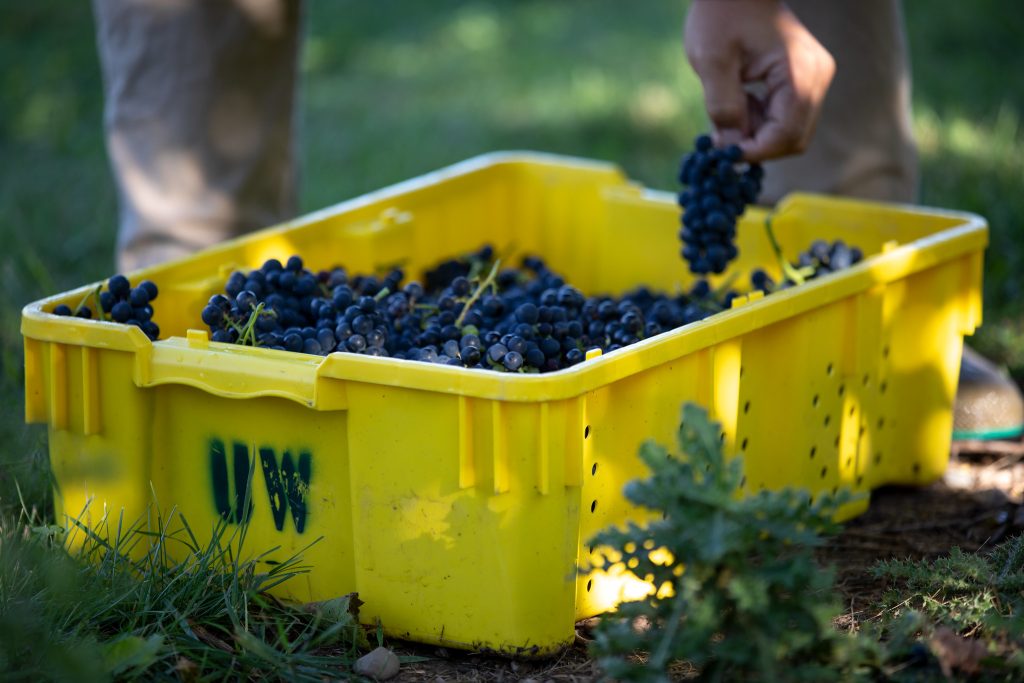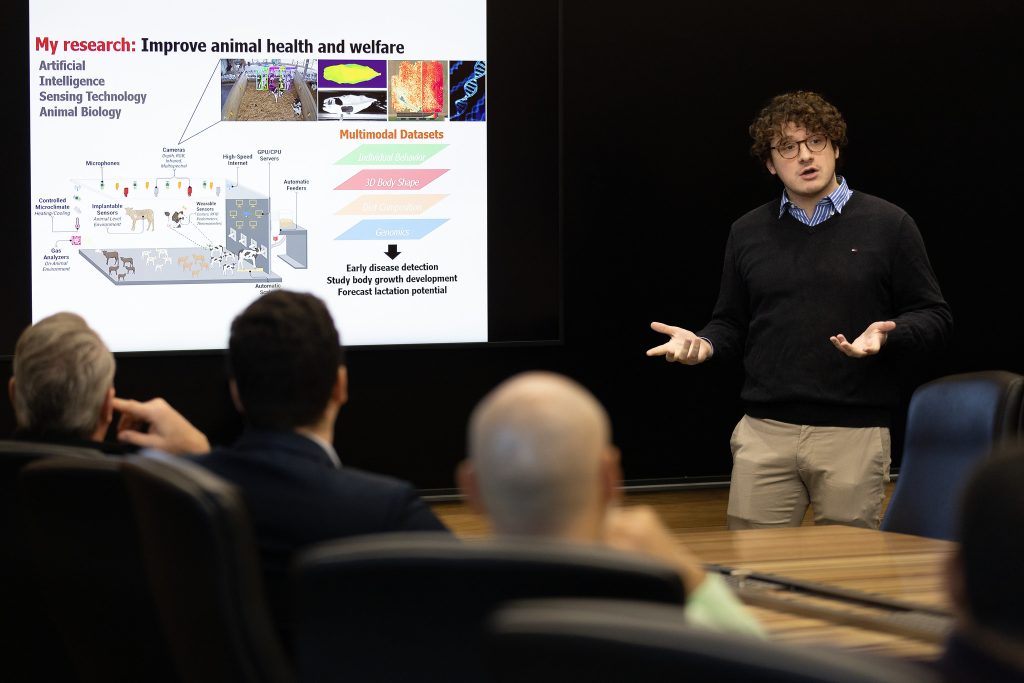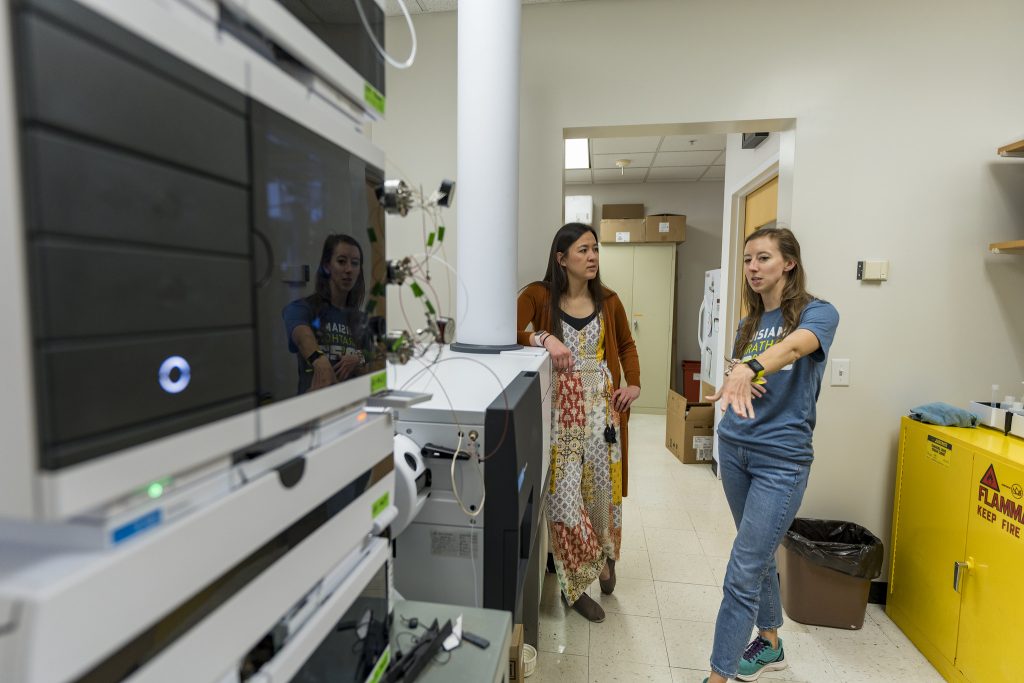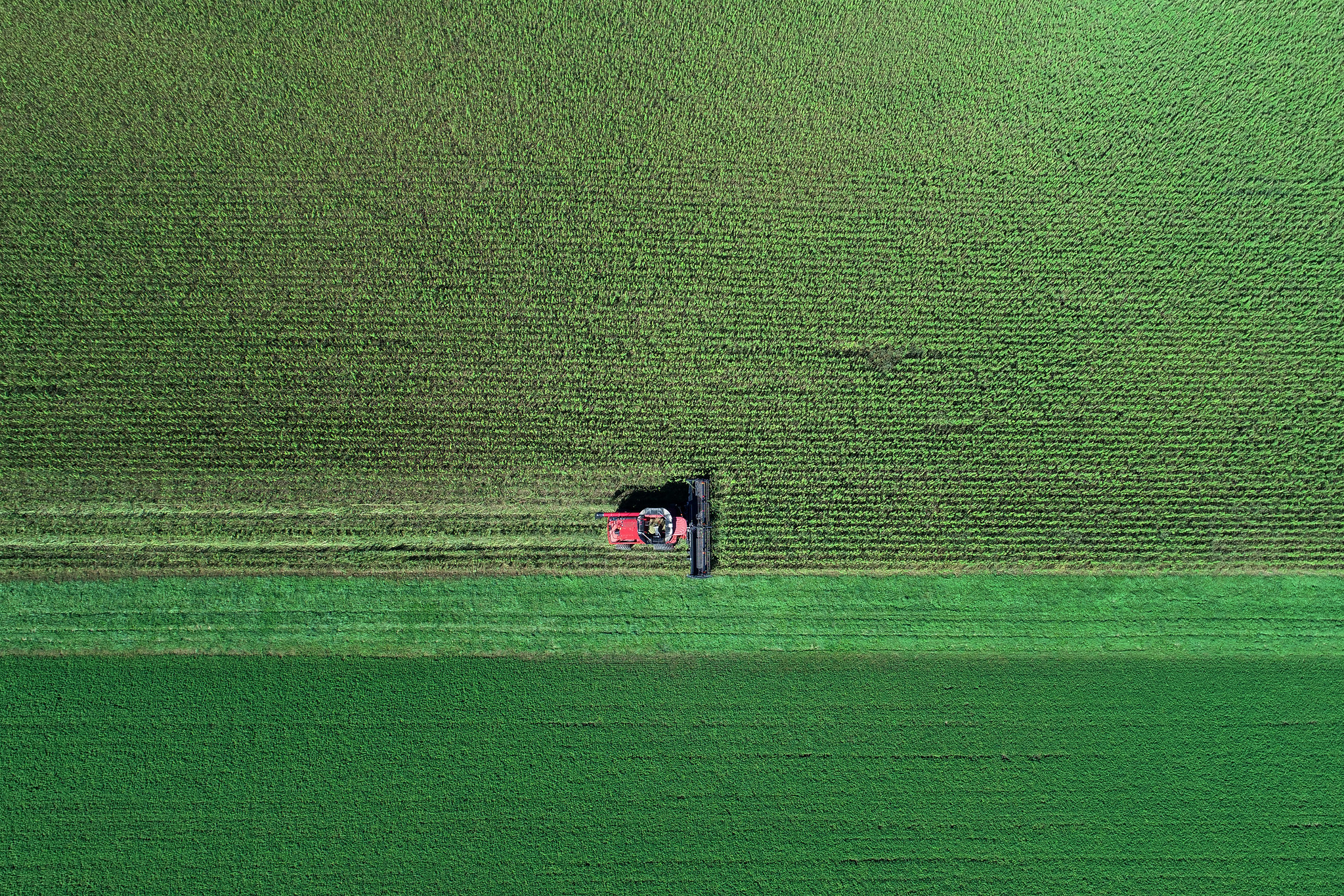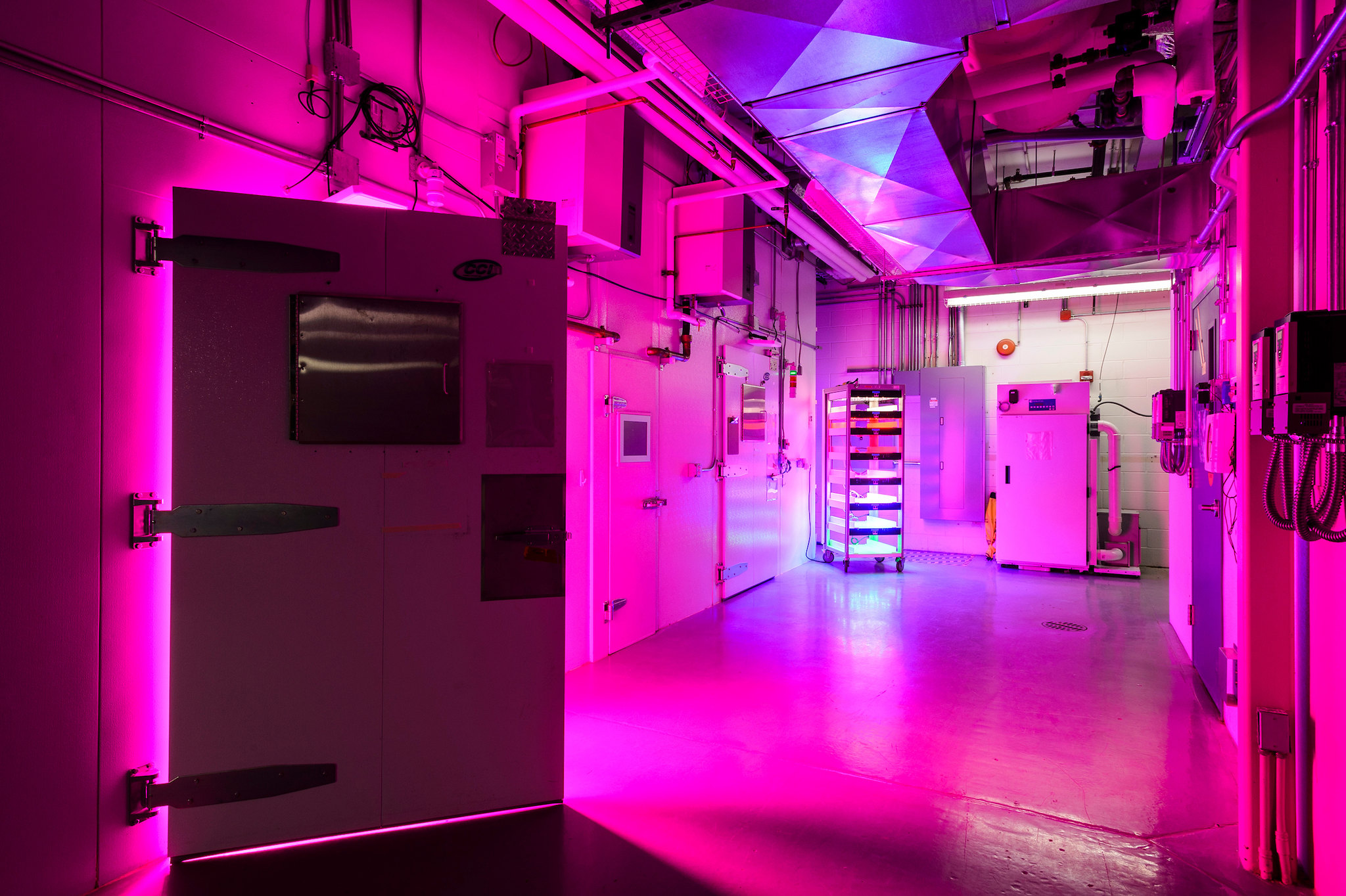
Engine of Discovery
The College of Agricultural and Life Sciences at the University of Wisconsin-Madison is an engine of scientific discovery fueled by talented researchers and students. CALS researchers collaborate across disciplines and partner with communities, industry, nonprofit groups and others to discover solutions for the complex problems facing society. The majority of this work takes place in the following areas: sustainable agriculture; environmental conservation and climate resilience; bioenergy and bioproducts; basic life sciences and human health; rural development and community resilience.
Research Areas
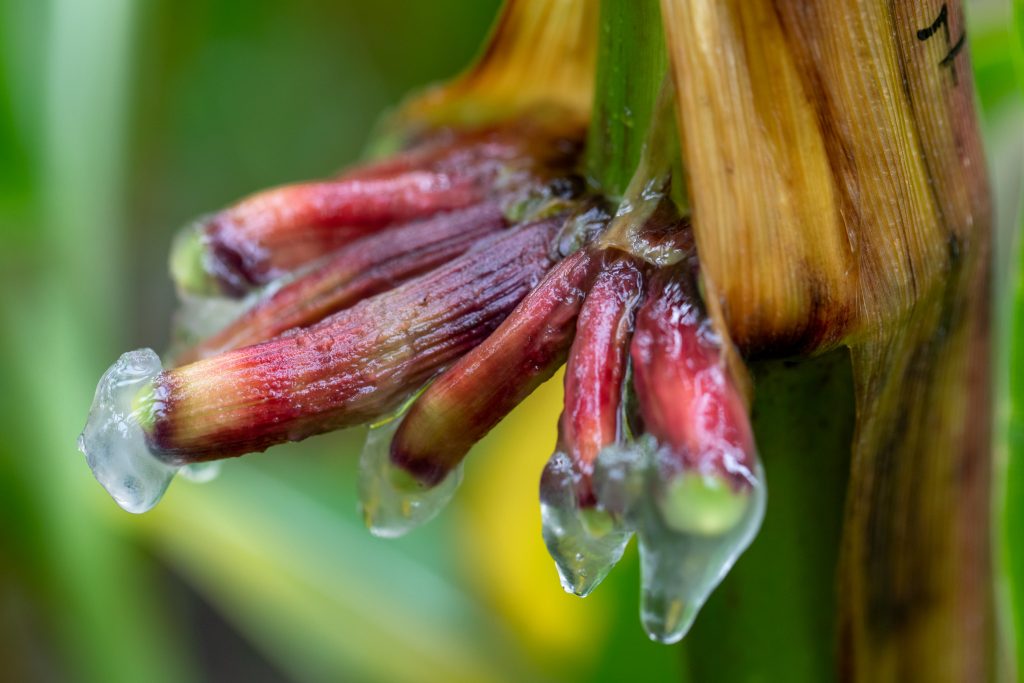
Sustainable Agriculture
Enhancing crop and livestock productivity; conserving resources; ensuring food access and safety; and developing methods that promote economic, social, and environmental sustainability.
Environmental Conservation and Climate Resilience
Addressing biodiversity loss and climate change impacts and promoting sustainable land and water management practices to safeguard agricultural ecosystems.
Bioenergy and Bioproducts
Exploring renewable energy sources and bioproducts derived from agricultural and biological resources, aiming to reduce dependence on fossil fuels and promote a sustainable economy.
Basic Life Sciences and Human Health
Investigating fundamental biological mechanisms related to human health, including cell function, nutrition, disease pathways and medical applications.
Rural Development and Community Resilience
Supporting rural economies, creating equitable access to resources and enhancing agricultural resilience that values human and animal welfare.

Research Stats
6
Nobel Prize winners among faculty and alumni
$185M
awarded to CALS researchers
in 2023
47
invention disclosures filed by CALS personnel in 2022
CALS Research Priorities
Sustainable
agriculture
Health through
life sciences




